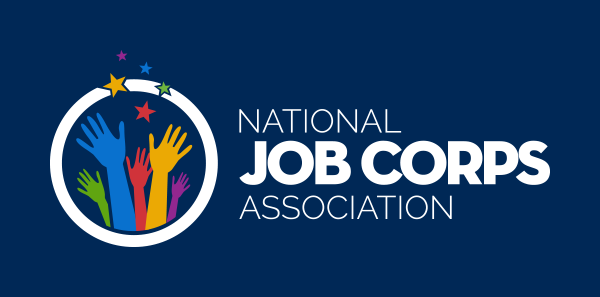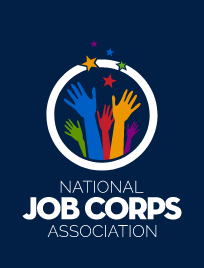Ryan LeBaron, a student in facilities maintenance at the Quentin Burdick Job Corps Center, rolled up his sleeve and donated blood for the first time on Thursday. He said more people should help out by donating blood.
The Job Corps Center holds a blood drive every quarter that usually attracts between 30 to 40 student and faculty donors, said Dianne Freed, manager of wellness.
“Today we have 41 who have signed up,” said Freed, so it was an overflow crowd.
Freed said the United Blood Services relies on blood drives like the one held at the Burdick Job Corps Center to help meet the area’s need for blood. Sometimes blood donations fall short in other areas, so it makes a difference when there is a blood drive at full capacity like the one at the Job Corps.
Rich Larcombe, director of United Blood Services, said the region needs to produce 80,000 units of blood a year; 1,500 units a week and 300 units a day. Thursday was a good day and they walked out of the center with 22 units of blood, said Larcombe.
Of the people who signed up, some weren’t able to donate blood for health or other reasons. Larcombe said 18 of the people who donated were new blood donors, like LeBaron. Larcombe said United Blood Services hopes to get people in their late teens and early 20s in the habit of donating so they will eventually do it a few times a year.
Freed said state law now enables 17-year-olds to donate blood without parental permission. Sixteen-year-olds can donate provided they have signed consent from a parent. Job Corps students range in age from 16 to 24. Freed said some of the 16-year-olds want to donate, so they get parental consent in advance.
Even people on certain types of medication, like blood pressure medication or diabetes drugs, might be able to donate, even if they don’t think they can. Larcombe said people who have questions about whether they can donate or not should call the blood bank at 852-2161. They should also call that number if they are interested in hosting a blood drive.
Larcombe said he would like to see other schools, universities or businesses in the area hold blood drives where they can count on at least 20 to 25 blood donors. It is expensive to draw a unit of blood, so they need a certain number of guaranteed blood donors at a blood drive for it to be cost effective, said Larcombe.
Freed said hosting the blood drive also is beneficial for the students. Blood donors get a mini health screening, including blood pressure check, when they sign up. Job Corps students on the wellness committee also helped organize the blood drive and were there to greet donors as they came through the door and to help set up.
Freed said sometimes United Blood Services will ask people with rare blood types to make a donation if there’s a need for the blood type, but United Blood Services staff said they need blood donors of all types. They need everyone to help meet the need for blood, especially as the population lives longer and will be in greater need of blood transfusions during different medical procedures.
Click on the following link for the story:


 JOB CORPS
JOB CORPS